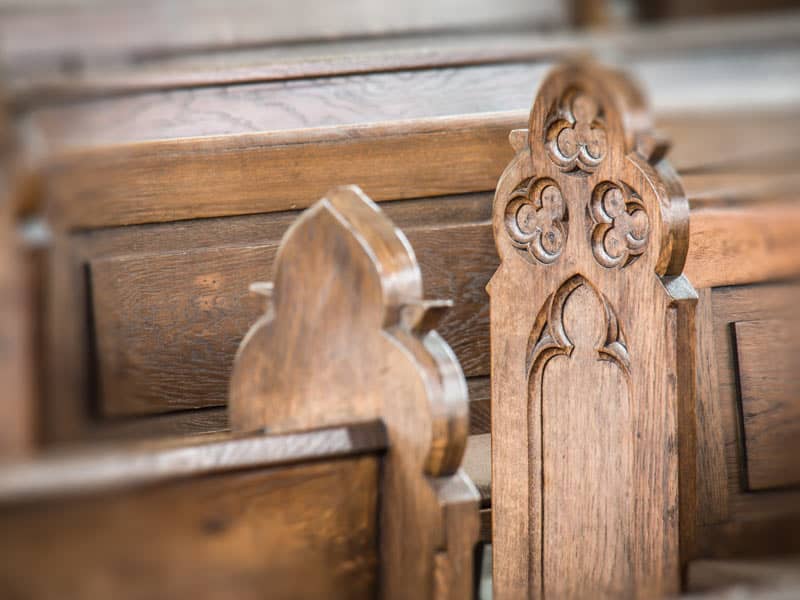But the genesis of the idea owes much to the work of Protestant thinkers long before Bush entered the White House.
Among them is Marvin Olasky, a journalism professor at the University of Texas at Austin and editor of World, a Christian newsweekly based in Asheville, N.C. Raised Jewish, Olasky turned to atheism and then Marxism before converting to Christianity. He's now a member of the conservative Presbyterian Church in America.
Olasky's 1992 book ``The Tragedy of American Compassion'' argued from history that localized, religiously inspired 19th-century charities worked more effectively to help people and attack social ills than government bureaucracies.
Bush was alerted to the book by his friend and political strategist Karl Rove and met Olasky for the first time in 1993 to discuss it. When Bush became Texas governor in 1995, one of his early policies was closer collaboration between state government and overtly religious charities.
Olasky, DiIulio and Goldsmith were among those who met in Austin in early 1999 to plan the welfare component of Bush's future presidential campaign platform. The result was Bush's speech that year in Indianapolis unveiling ``compassionate conservatism.'' Olasky is widely considered the godfather of the concept.
Last month, Bush signed an executive order creating a White House Office of Faith-Based and Community Initiatives, which will be headed by DiIulio.
Back when Bush began his years as governor, John Ashcroft - now the Attorney General, who heads the Justice Department - was starting his U.S. Senate term. Like Bush, Ashcroft, a deeply conservative Pentecostal Christian, wanted to give religious groups a bigger role in federal welfare reform. The obvious problem was how to maintain separation of church and state under the U.S. Constitution.
Esbeck, also a conservative Protestant, has since become director of the Center for Law and Religious Freedom at the Christian Legal Society, an organization of 3,800 attorneys and law students based in Annandale, Viginia. He had sketched a law designed to grant publicly funded agencies more religious leeway while meeting church-state objections. He felt this was in line with less rigid Supreme Court rulings on church and state since 1981.
The professor sent his draft law and his Chicago paper to White. That was the germ of the ``charitable choice'' provision in the 1996 welfare reform law, one of the most important legislative efforts by Ashcroft.
Charitable choice was a federal experiment with what Bush now wants to accomplish across the board. Under the plan, when grant recipients are selected by the states, religious agencies can't be discriminated against. They are allowed to maintain their religious character, display faith symbols and hire people on the basis of belief.
On the other hand, welfare beneficiaries must have access to nonreligious agencies, as well. They cannot be required to join religious activities, and religious groups must accept anyone in need, regardless of faith. Nor can federal money pay for worship or religious instruction, though on that ``it's inevitable that there will be close cases,'' Esbeck acknowledges.
The ``faith-based'' debate has only begun, but already it's evident that conservative Protestants, Roman Catholics, Orthodox Jews, Mormons and Muslims will be generally arrayed in favor, while many religious liberals -- Protestants, Jews and others -- will be in opposition. The American Jewish Congress, which is suing to block a similar project stemming from Bush's days in Texas, charges that the president risks undercutting the Constitution's doctrine that ``the government may not fund religion or use religion as its surrogate.''
The Rev. Barry Lynn, of Americans United for Separation of Church and State, targets the idea of letting tax-funded programs choose employees on the basis of belief: ``That's blatant bigotry.'' His group joined 18 education, civil rights, labor, Jewish and other groups last week to assail Bush's plan, citing potential employment discrimination, church-state issues and lax professional licensing standards.

